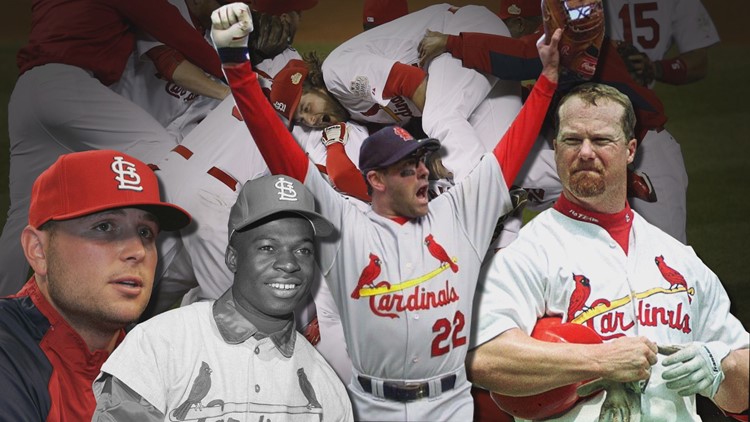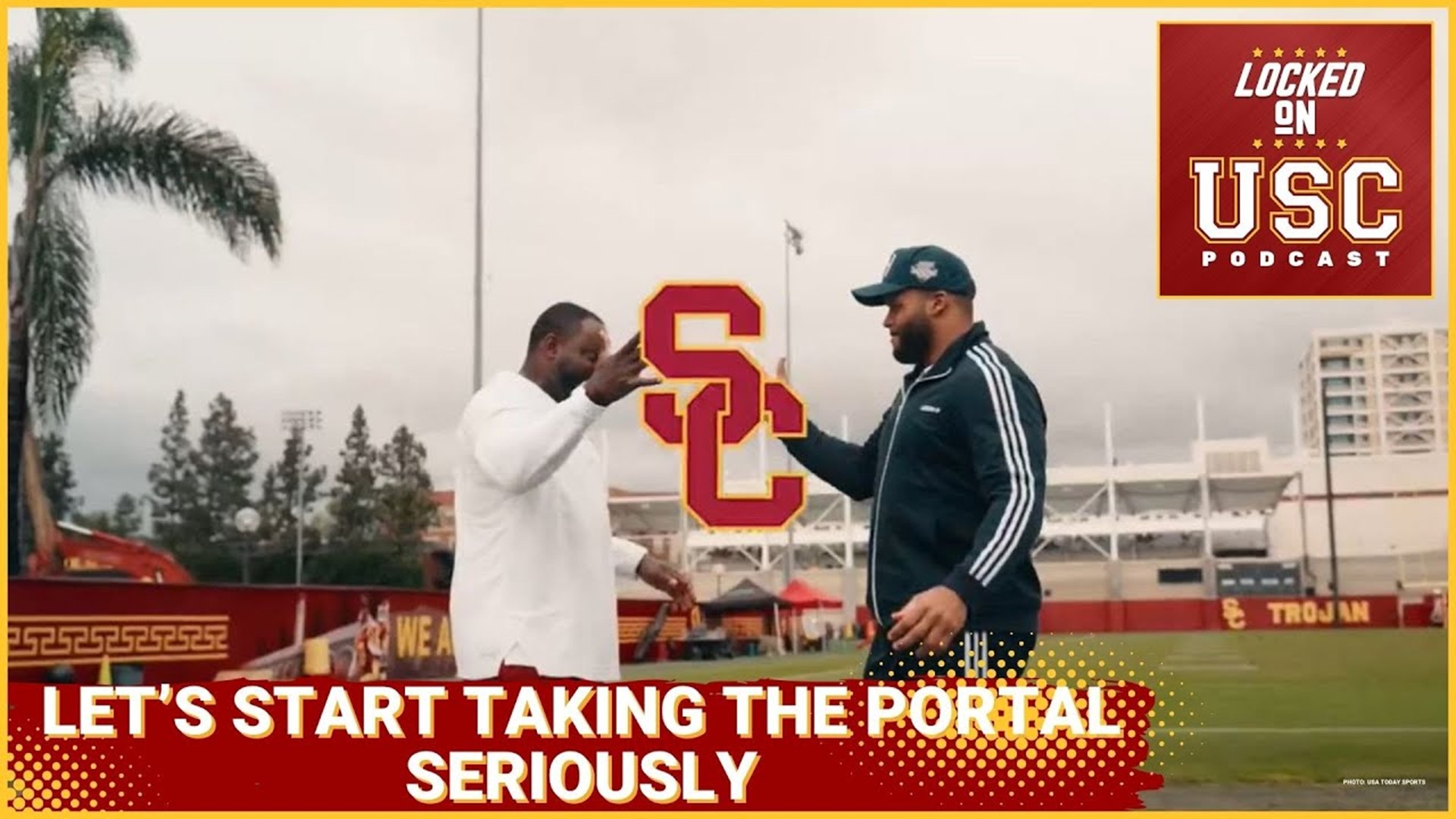As the countdown to the baseball trading deadline approaches and things are quiet at 7th and Clark, it’s time to think back to when the Cardinals made big moves.
Yes, the Cardinals have made some significant deals at the deadline; I’m thinking of five years specifically.
They didn’t all lead to a World Series, and that’s how I’d rank them; so you really can’t judge the impact of a big deal the day it’s made. Instead, you have to wait for things to play out.
At number five, I’d go with the Mark McGwire trade of 1997.
The Cardinals gave up three pitchers who won a combined 47 games (Eric Ludwick, T.J. Mathews and Blake Stein) and in return they got 220 homers and an unforgettable 1998 season.
Say what you will about the whispers and allegations that eventually came to Big Mac’s admission, but if you were in that moment you didn’t think about that. You went to the ballpark during those years expecting McGwire to hit a home run. And often you got your wish.
At number four I’ll go with the deal to get Matt Holliday in 2009.
No, the Cards didn’t win a World Series that year - but they did in 2011 – and made the postseason each of the next four years.
He was a perfect lineup complement to Albert Pujols and then was the centerpiece of the redbird nine for the next five years. I don’t think anyone in Cardinals Nation is missing Clayton Mortensen, Shane Peterson or Brett Wallace. And as we count down the minutes, it’s the last seismic deadline deal the Cardinals have made – a decade ago.
At number three on the list, for sheer thrills I give you Will “The Thrill” Clark in 2000.
He was only here for two-and-a-half months, but boy did he make some noise. The Cards gave up Jose Leon, an infielder who got three cups of coffee with the Orioles. Clark filled a big hole when McGwire’s knee put him out of action, to the tune of a slash line of .345/.426/655 and an OPS of 1.081. He wasn’t quiet off the field, either – brash and eminently quotable, a leader, and never to be forgotten for turning young J.D. Drew into his postgame beer-fetcher.
I’m going back to 2011 for a deal that didn’t exactly create tremors across the baseball world but created a championship team. The Cardinals sent former number one pick Colby Rasmus along with pitchers Trever Miller, Brian Tallet and P.J. Walters to Toronto for Octavio Dotel, Mark Rzpeczynski and Edwin Jackson, and outfielder Corey Patterson.
Admittedly, the deal still doesn’t look impressive, but “R-zep,” as Tony LaRussa called him (although he was better known throughout baseball as “Scrabble”) became a lock down lefty out of the bullpen. Dotel filled a key role in the late inning rotation, and Jackson was a valuable arm whenever he was called upon. Safe to say, the Cardinals don’t win the Series, let alone make that mad rush to even get into the playoffs, without that trade being made.
Now, for number one.
Longtime Cardinal fans have been wondering when it would come up, and 55 years after the deal was made it’s still in the conversation as the greatest trade in baseball history; if for no other reason that it came at the expense of the Cubs it is in Cardinals history. The Cardinals sent starting pitcher Ernie Broglio (who passed away two weeks ago), outfielder Doug Clemens, and lefty Bobby Shantz to Chicago for pitchers Paul Toth and Jack Spring and an outfielder named Lou Brock.
Let me unpack this for a second, please.
Brock was a .250-hitter known more for his occasional flashes of power – he was one of only a few who reached the centerfield bleachers at the old Polo Grounds (distance: 460 feet). Fellow Hall of Famer Bob Gibson admitted he wasn’t impressed with the trade when it was made, but let’s give general manager Bing Devine credit for seeing what nobody else did. He saw Brock as the speedy catalyst to wake up a quiet Cardinals offense. He and manager Johnny Keane put Lou at the top of the order and gave him the green light. 43 stolen bases and a .348 average was the spark the Cards needed and they pulled off the dramatic rush to the 1964 World Series title. Eight stolen base titles, surpassing three-thousand hits, and breaking the season and career records for steals put him in the Hall of Fame, and Stan”the Man” Musial put the acquisition of Brock into perspective.
According to Gibson, someone told Musial that it was too bad he decided to retire the year before that magical ’64 season. Musial replied humbly and accurately that if was still playing they wouldn’t have won the championship because they wouldn’t have traded for Brock.
It’s a no-brainer that the Brock trade goes at the top of all-time deadline deals. And, in this case, the right way to finish this up.



